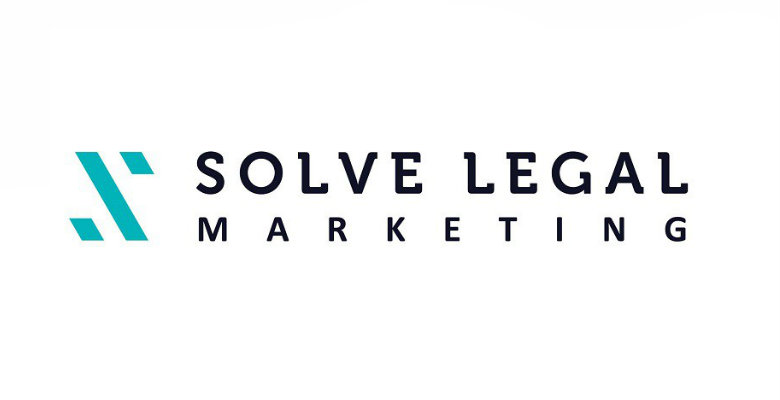The part that technology plays within our everyday lives is growing.
Utilised within almost every industry, its ability to streamline and simplify previously complex processes has been harnessed by businesses, saving consumers both time and money.
Whether it’s booking a holiday using their phone or browsing new properties online, it’s clear to consumers that the use of technology has made their lives easier.
But what about after their life?
Earlier this year, the Law Commission launched a consultation on the law surrounding wills.
Branding the existing law as “outdated”, it said an overhaul was needed to bring regulations up to date with the modern world.
Along with bringing in a renewed mental capacity test, the Commission also want to facilitate the introduction of electronic wills, with an overall aim to soften formalities and ease access for consumers. In turn, they hope that this will encourage more people to write a will before it’s too late.
However, one of the key concerns regarding the proposals is in relation to fraud, with many professionals questioning the security of wills made electronically. For example, how could a will writer be certain that the instruction received reflected the wishes of the supposed testator?
Funnily enough, the answer could potentially lie, once again, with technology.
Although taking an instruction in person may be the safest option for consumers, time and sometimes physical barriers can mean this isn’t always possible.
How could video work?
As well as having all the benefits of being provided in person, giving an instruction by video would mean it could be done remotely, easing accessibility and potentially saving time.
Already used by GPs to easily communicate with patients, the option of contacting a professional using video could also encourage a younger generation of consumers to write a will – arguably the generation that needs the most encouragement.
Whilst the effectiveness of using videos in this way is yet to be seen, they have been proven to be a key way to engage with new clients.
You don’t, however, need to worry about going in front of the camera to utilise videos within your business.
A unique way of grabbing the attention of a potential client, videos can bring complex legal jargon to life. It’s been proven that over three-quarters of consumers would rather learn about a product by watching a video.
When clients have engaged and understood the importance of your services, they’re far more likely to make an enquiry.
As legal marketing experts, Solve Legal Marketing are experienced in making bespoke videos, targeting an audience of your choice. To find out more about how videos could boost enquiries for you, please click here.
This article was submitted to be published by Solve Legal as part of their advertising agreement with Today’s Wills and Probate. The views expressed in this article are those of the submitter and not those of Today’s Wills and Probate.



















